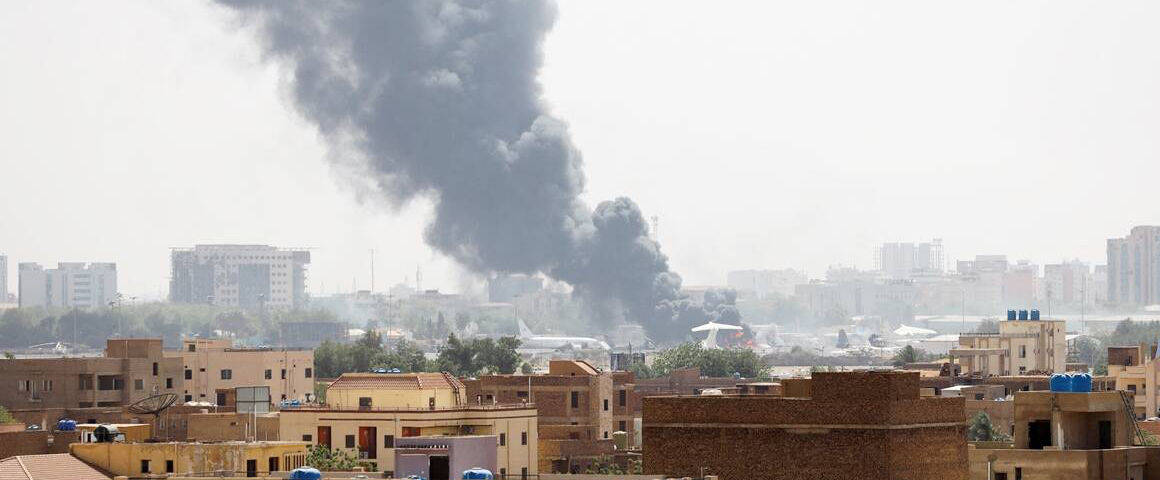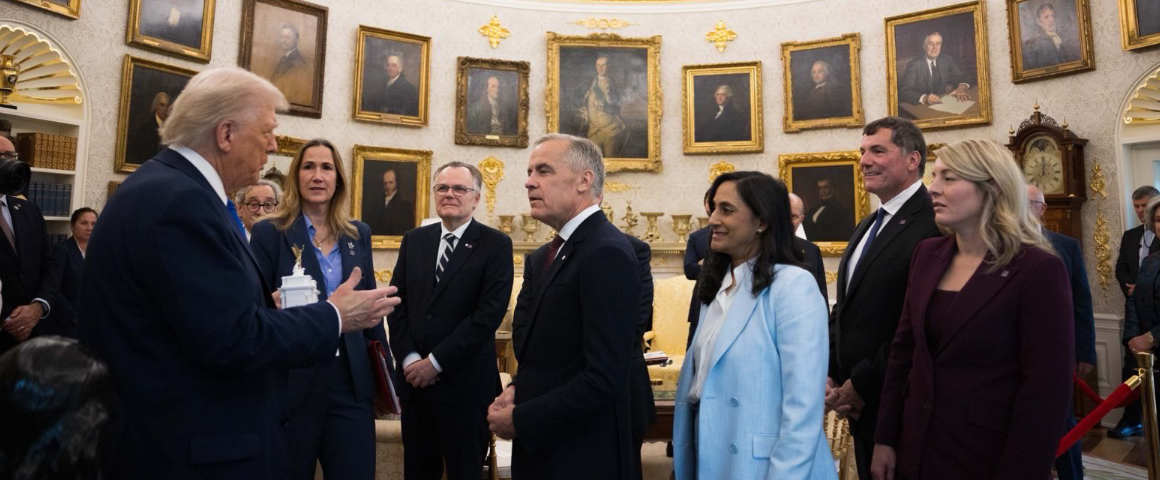Part one of a two-part commentary on the crisis in Sudan
By Elfadil Elsharief Elhashmi
One of the important backdrops to the crisis in Sudan is the way that capital accumulation occurred in the country, which differs from other scenarios of capitalist development.
In the mid-19th century, Karl Marx described as “primitive capital accumulation” the brutal processes which separated working people from their means of subsistence, concentrated wealth in the hands of landlords and capitalists, and subjected landless people to being proletarianized by working in urban factories.
In Sudan, the ongoing bloody violence reflects a parasitic and brutal accumulation process in a post-slavery and post-colonial context. Public resources have been literally looted: land was grabbed by local, regional and international kleptocrats; industries and factories were confiscated by military, militia and security forces that were mainly controlled by the fanatical ruling Muslim Brotherhood; hospitals and health services, as well as public schools and universities were liquidated; development projects, railways, navy, airlines and highways have all have been privatized and stolen.
These measures were implemented and justified through a fanatical and barbaric application of Islamic Sharia law which involved brutal oppression: cutting the hands and necks of the poor and powerless; firing workers, teachers, engineers and medical doctors; and detaining and executing activists.
In the process, the means and inputs for agricultural production were no longer provided at fair subsidized prices but were hijacked by the underground “black” market. The impoverished rural population migrated to the big cities to work in the informal merchant sectors. Economic and political instability, insufficient means of production and civil wars have driven people away from their villages and displaced them locally or externally to Europe, the Middle East or elsewhere.
This Sudanese wasteland of parasitic accumulation is literally “primitive,” and it is the context in which the country’s two military kleptocrats are currently fighting over power, wealth and resources.
Local and external interests at play
Four months of urban warfare in Sudan have affected over six million people in the capital city alone, and include the genocidal massacre committed in the city of El Geneina in Darfur on August 19. This war threatens the existence of a country which is important to the region, and the potential geopolitical impact, both regional and international, is serious.
External players – allying with local ruling circles, extremists, formal military and militia – have played a big role in creating this mess. Their interests have been short-mindedly pursued by a “fast-food” ideology that does not look at the long-term damage to sustainable and stable democracy, justice and peace and most likely the nation-state itself.
These local, regional and international players are stakeholders in land, water resources, mineral resources and livestock, through the well-documented practices of long-term land grabbing and resource smuggling. These forces and their local allies have been pushing for myopic interests, which count on and support the status quo – a deep state model of wealth and power sharing between the extremist Muslim Brotherhood and generals in the militia and military forces. The power sharing model is use by the military generals, allying with civilian local elites, to form a pseudo socio-political base to legitimize and foster their bloody rule.
The generals recruit low-ranking soldiers mainly from the poor and marginalized areas, so the military structure has been based on class and ethnicization. Adding insult to injury, the Sudanese Armed Forces itself invented the militias as a counter insurgency mechanism to fight against armed liberation forces which were mainly from geographically and developmentally marginalized areas. This centre-periphery dynamic influences the class struggle and is reflected in the military-paramilitary relationship as well as administrative structures involving corrupt tribal chiefs whose loyalty is guaranteed by bribes.
The army and its militia offspring have been fully “mercenarized.” Bribery is rampant and national ethics and decency are absent among these gold diggers whose sole function is to brutally suppress peaceful civilian dissent.
On the other side of the struggle is a heritage of a strong working class made up of railway workers, agricultural workers and unions of professionals like teachers, medical doctors, lawyers, judges and engineers.
The working-class tradition also includes armed rebels mainly based in the South and later in the Nuba Mountains, Blue Nile and Darfur, who did revolt against developmental marginalization (albeit with some racial-religious aspects). However, such movements have been sold out to the global and regional mercenary agenda, and their activities have moved away from revolutionary, anti-colonial and anti-monopoly visions and nationalist objectives.
Preserving the status quo will not resolve the crisis
The international and regional community have been trying to impose an agenda and strategies on the local military players, betting that the status quo will survive and provide socio-political and economic stability.
These external stakeholders firmly believe that a soft-landing approach must be taken, through which the revolutionary civilians will be controlled and the power and wealth sharing scheme between civilian local elites and the military and militia will dominate.
Such a narrative completely ignores the fact that 83 percent of all public wealth has been confiscated by the military, militia and security generals, and that 70 percent of the annual budget has been taken by the generals. Alongside this power and wealth sharing, the Juba Peace Agreement will further damage and distort to the distribution of national wealth by adding more armed militias to take a bigger slice from an already unevenly divided pie. This short-term and myopic approach by the international community indirectly created war between the looters.
The freedom fighters in the “Resistance Committees”, trade unions and some political parties, who have suffered for years from economic hardship and brutal torture, were left behind in the previous soft-landing approach and the current ceasefire and peace negotiations held by the US and Saudi Arabia. Their radical model of genuine democratic change has its own motto of “Freedom, Peace and Justice,” which embraces the social and transitional aspirations of the people who have been suffering from the civil war.
Genuine freedom and democracy fighters in Sudan need to take matters in their own hands. This way, they can pinpoint and highlight their demands of freedom, peace and justice, as well as the three No’s: No negotiation with, No partnership with and No legitimacy to the warlords and partisan generals of the armed forces. This way, being in charge, they will block the vicious cycle of coup d’états and civil wars.
The Sudanese phoenix will rise from the ashes, if it is supported by genuine human empathy and solidarity from democratic grassroots movements around the world.
Part two – Seven bottlenecks that need to be cleared on the path to peace in Sudan
Get People’s Voice delivered to your door or inbox!
If you found this article useful, please consider subscribing to People’s Voice.
We are 100% reader-supported, with no corporate or government funding.




